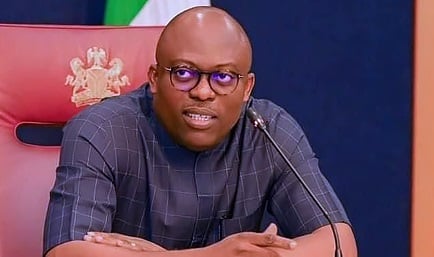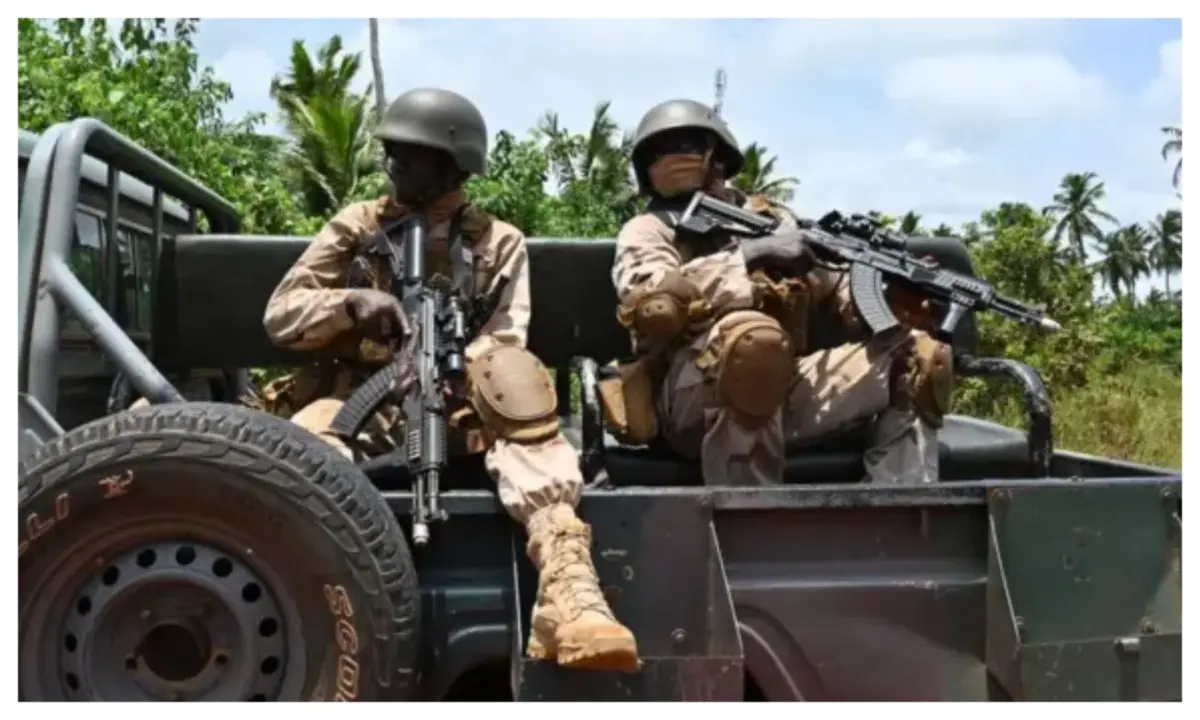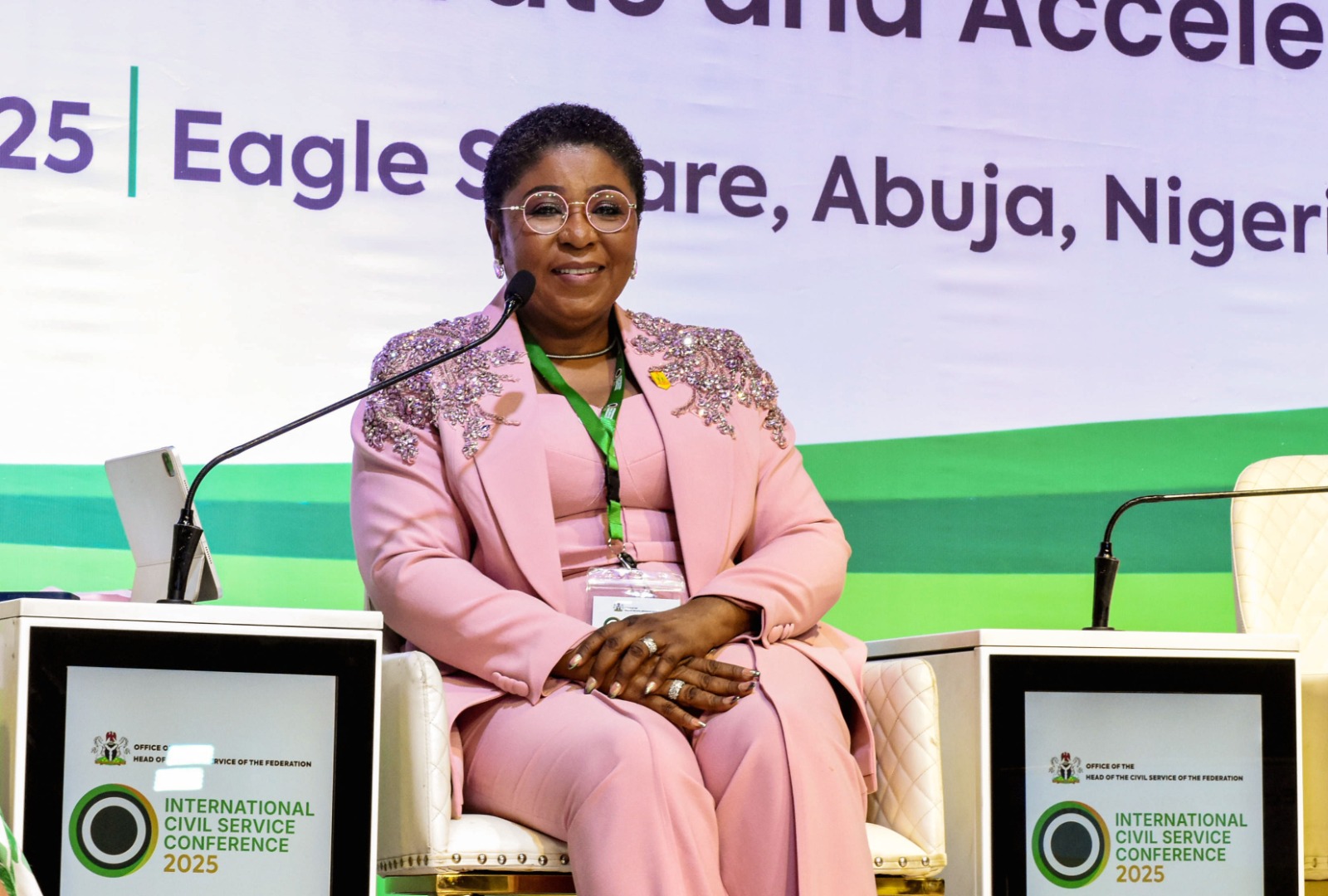Rivers State’s political landscape has once again become a focal point for national discussion, with the ongoing power tussle between Governor Siminalayi Fubara and the Minister of the Federal Capital Territory, Nyesom Wike, drawing attention to the broader challenges of governance in Nigeria. In a recent interview on Channels Television’s ‘Morning Brief’, Tonye Cole, the All Progressives Congress (APC) governorship candidate in the 2023 elections, provided candid insights into the complexities facing the embattled governor and, by extension, Rivers State itself.
The Power Struggle at the Heart of Rivers Politics
At the centre of Rivers’ current political uncertainty is the strained relationship between current Governor Fubara and his predecessor, Nyesom Wike. Wike, now serving as the Minister of the FCT, still wields considerable influence within Rivers State, raising questions about who truly calls the shots in the region. Cole, reflecting on these developments, asserted that the “current political arrangement” has left the governor in a very tight spot—one where making independent decisions is fraught with difficulty.
“The governor will be finding himself in extremely difficult situation,” Cole observed, adding that it is a common scenario in Nigeria for outgoing governors to handpick successors in hopes of extending their legacy. However, as Cole pointed out, this strategy often backfires, with new governors struggling to assert full autonomy, especially when a political godfather remains close by. In Rivers State, this dynamic has once again taken centre stage, with Fubara’s ability to govern independently put to the test.
The Pitfalls of Political Godfatherism
Political godfatherism—the influence of powerful backers over elected officials—remains a persistent challenge across Nigeria and much of West Africa. According to Cole, this tendency undermines democracy and hampers progress. “When you see that this doesn’t happen, almost always, they end up in this godfather situation, and it’s never been good for democracy. Everywhere fight has occurred, the people have suffered a lot more,” he said on air.
This dynamic not only affects Rivers State but echoes in many Nigerian states where succession battles play out behind closed doors, sometimes paralyzing governance. Many voters in Nigeria and across West Africa have witnessed similar struggles. Political analysts explain that such power tussles frequently lead to policy gridlock, stalled projects, and, most critically, a lack of accountability and responsiveness to the electorate.
Governor Fubara’s Dilemma: Seeking a Way Forward
The specific challenges faced by Governor Fubara have been further complicated by ongoing disputes and uncertainty over his authority, particularly following recent developments that saw him reportedly boxed into a corner in the lead-up to his full resumption after a state of emergency was declared in the region. According to Cole, Fubara’s position remains precarious and his autonomy, at least for now, is severely limited.
“My prayer is that as he comes back — because we don’t know what we’re going to see starting from tomorrow — the one thing that we are sure about is that the governor is not in a position to make any decision,” Cole remarked. This stark assessment highlights the depth of the challenge confronting not only the governor but also the administration’s efforts to deliver on key policies and provide stable governance.
Negotiation and Diplomacy: A Possible Path
When asked what he would do if he were in Fubara’s position, Cole’s advice was frank: open a direct line of communication with Wike. He urged the embattled governor to “sit down with the Honourable Minister and appeal for a leeway to allow certain decisions to be made by me as governor and others to be made by him.” While this recommendation might be controversial, it lays bare the realities of power-sharing and negotiation that are often needed to keep governance running in high-tension environments.
The details of the reported peace pact between Fubara and Wike remain unclear, leaving both residents and political observers uncertain about the current distribution of power. “We do not know who really holds authority or how restrictions on the governor may impact government programmes in the days ahead,” noted a Port Harcourt-based political analyst contacted by us. This opacity can breed public frustration, as citizens await clearer signals on who is truly responsible for decisions affecting daily life in Rivers State.
Implications Beyond Rivers: Lessons for Nigeria and West Africa
The unfolding events in Rivers State offer important lessons for other states across Nigeria and even neighbouring countries like Ghana and Ivory Coast, where political succession and godfatherism remain salient. Many experts argue that the cycle of outgoing leaders installing successors, only to attempt to steer them remotely, does more harm than good to democratic systems.
- It often leads to double loyalty, confusion, and stunted progress.
- Elected leaders struggle to fulfil campaign promises under the shadow of political overlords.
- The losers, more often than not, are ordinary citizens, who experience delays in public services and project implementation.
In a comparative context, some African nations have attempted reforms to reduce the undue influence of outgoing leaders through constitutional amendments, term limits, and party reforms. However, as Nigerian and wider West African history shows, unwritten codes and behind-the-scenes bargaining remain deeply entrenched. For democracy to thrive and for governance to meet local needs, many argue for transparent successions and clear boundaries between past and current officeholders.
Public Reaction and the Way Forward
The situation in Rivers has sparked lively debate among residents and the Nigerian polity at large. Some community leaders and civil society groups have called for greater transparency about the terms of any agreements between Fubara and Wike. Others emphasize the urgent need for unity and stability, especially in the face of economic and security challenges confronting the state and the nation at large.
Meanwhile, the story continues to attract attention beyond Nigeria’s borders, with observers from neighbouring countries watching to see how Rivers State navigates its internal power struggles. “This issue is not unique to Nigeria, but the stakes are higher here because of the economic significance of Rivers,” noted a Ghanaian political commentator in a recent media segment.
What Does This Mean for Rivers Residents?
For ordinary people across Port Harcourt and neighbouring communities, the question remains: how will political uncertainty impact everyday life, service delivery, and development projects? Key sectors such as health, education, and infrastructure depend on stable, accountable leadership. Stakeholders urge both parties to put citizens first as they negotiate the state’s future direction.
As the drama unfolds, many in Rivers, Nigeria, and across West Africa hope that lessons will be learned and steps taken to ensure that elected officials can govern with clarity, independence, and a strong mandate from the people — not just from influential predecessors or power brokers.
What’s your take on the ongoing Rivers State power tussle? Do you think the involvement of political godfathers helps or hinders progress across Nigeria and West Africa? Share your views in the comments and let’s keep the conversation going.
Do you have an inside story, exclusive gist, or unique perspective on politics in Nigeria or West Africa? We want to hear from you! Whether you’re a whistleblower, community leader, or just an informed citizen, email us in confidence at story@nowahalazone.com to get your story published or discuss story sales.
For general support, reach out anytime at support@nowahalazone.com.
Stay in the loop on the latest political updates—follow us on Facebook, X (Twitter), and Instagram.
Your opinions matter—drop a comment below, and let’s build the conversation together!










